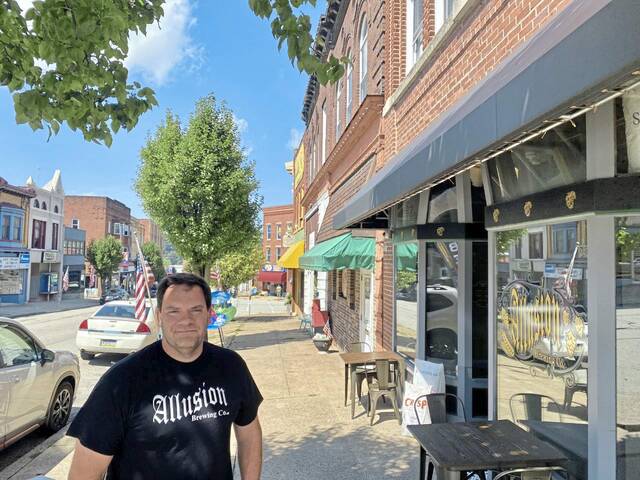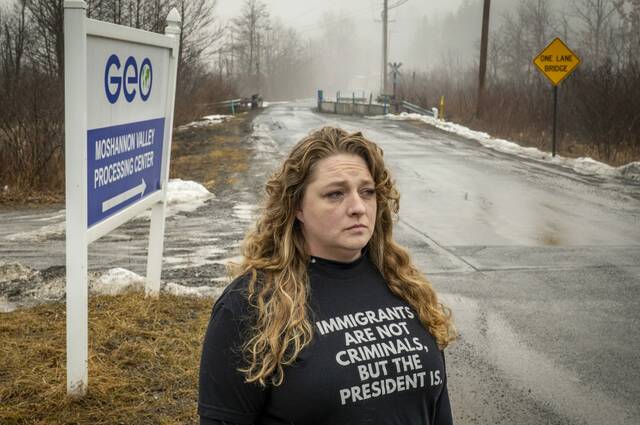Raychal Collins-Struck has lived in her Monroeville home since 2018, but now — six years later — it is a safe and lead-free environment for her son and daughter to play in.
On Monday, county officials and community partners gathered at the residence to announce the completion of Allegheny County’s 300th lead-safe home — a milestone in the county’s work to eliminate lead hazards.
The Lead Safe Home Program, run by the Redevelopment Authority of Allegheny County, offers free home lead-inspection services to eligible homeowners, renters and landlords, administered by Allegheny County Economic Development.
“Reaching our 300th lead-safe home shows what’s possible when we invest in families, and this new campaign will help even more children reach their full potential,” Allegheny County Executive Sara Innamorato said in a news release.
In January 2018, Allegheny County enacted Article XXIII, which started a universal blood-testing policy that requires every child to undergo blood testing between 9 and 12 months and again at around 24 months.
Prior to the 2018 act, lead-testing rates across the county were relatively low.
Under the new policies required by the act, testing rates nearly doubled since 2010, with thousands more children screened each year.
In October 2024, the U.S. Department of Housing and Urban Development gave $7.75 million to Allegheny County’s Lead Safe Homes Program, which allowed for an additional 175 homes to be lead-safe.
“This is money that goes directly to communities,” Innamorato said to TribLive.
Innamorato, joined by ACED Director Lauren Connelly and Program Manager Jennifer Saks, are working to address lead hazards in older houses, especially in communities where most of the homes were built prior to 1978.
Collins-Struck’s residence, built in the 1900s, had two staircases repainted and some areas of her basement replaced to remove toxins from the property.
“It’s not something that just goes away,” she said about the effects of lead poisoning.
While the process sounds daunting, Collins-Struck said it only took nine days for her home to become lead-free.
“They knew right away,” she said. “[It] is just a way to make homes healthier and safer.”








